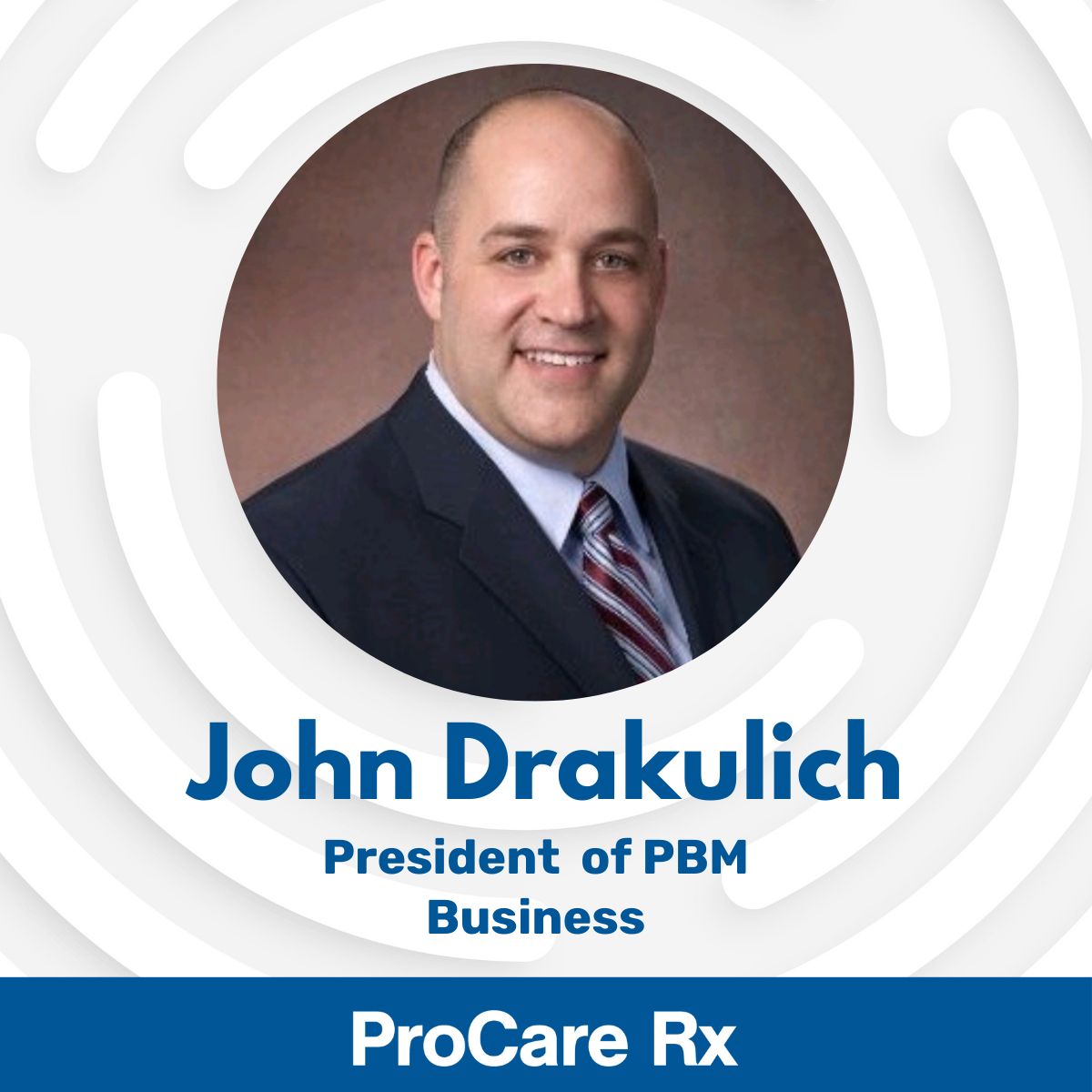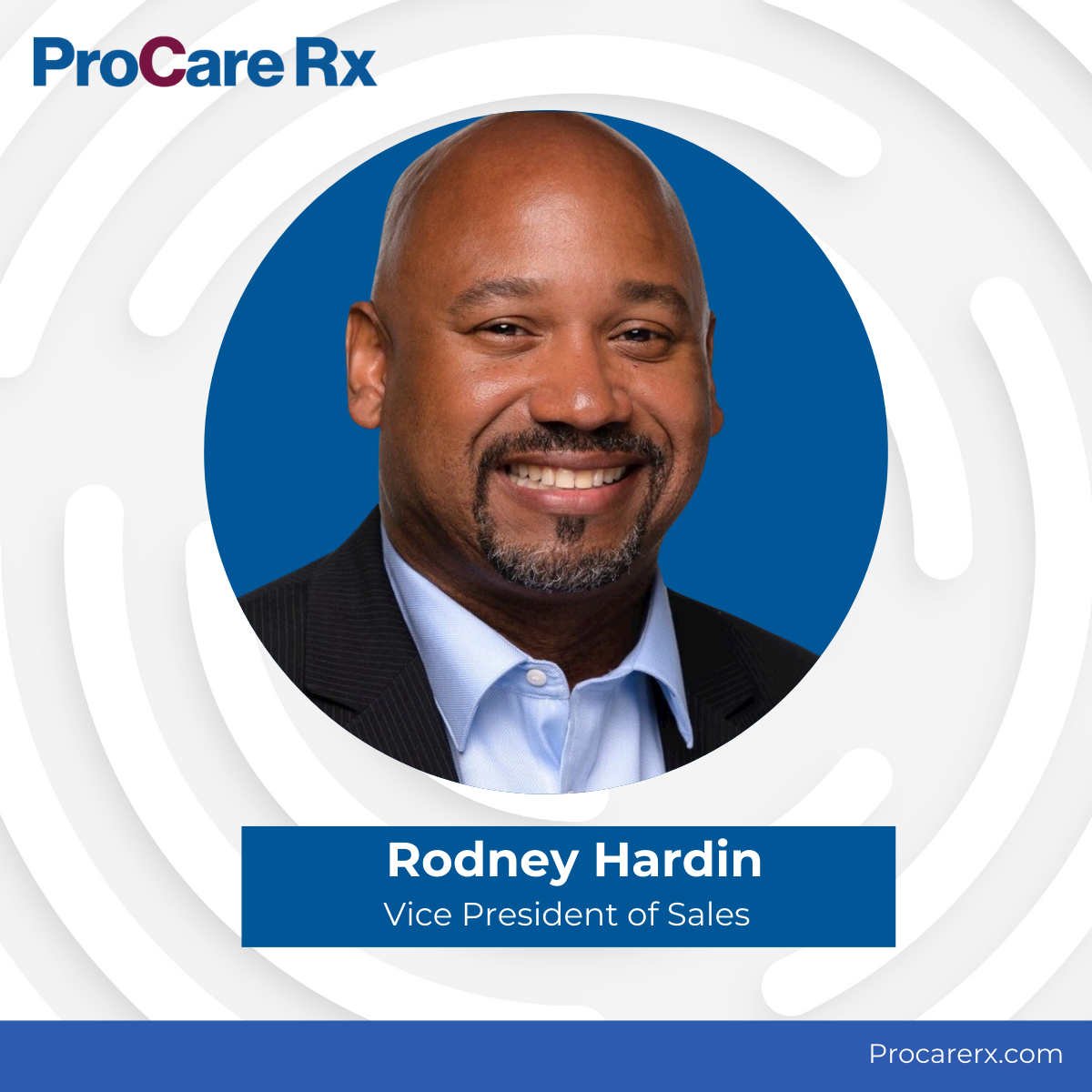GLP1s – Through the Looking Glass
Where We Were and Where We Are Headed
GLP-1 usage increased dramatically in 2024, due in part to its dual role in managing diabetes and producing weight loss. The growing popularity of the GLP-1s provides an indication of the medication’s effectiveness, however, it is less certain how employers view the GLP-1s in terms of providing benefit coverage for these types of medicines. To gain additional insight on how self-funded employers are viewing GLP-1s, we took a look at claims from ProCare Rx self-funded employer clients who had at least 1 member attempting to fill the medication this past year. Here is what we found:
Throughout 2024, coverage for the GLP1s medications formulated for the treatment of Diabetes was widespread among self-funded employer groups. We found that only 1 in 10 Groups rejected any claim for medicines in this therapeutic class for the reason “drug not covered”. However, this did not mean the percentage of Groups generating a paid claim was 90%. Through the clinical protocols, step therapies and prior authorization requirements put in place on behalf of the plan sponsor and, in some cases then overwritten by the Plan Sponsor, only 6 out of 10 Groups had a paid claim for a GLP1s in this therapeutic category. However, the tide appears to be turning. In the past 3 months, the number of Groups generating a paid claim for Diabetes formulated GLP1s increased to 8 out of 10 Groups. This indicates that coverage restrictions are decreasing and/or plan sponsor overrides are increasing. Overall, the number of paid claims for GLP-1s formulated to treat Diabetes increased by 25% from Q1 2024 to Q4 2024.
Unlike the GLP1s formulated for Diabetes, GLP1s medications formulated for Weight Management continued to have limited benefit coverage among self-funded employer groups. 7 out of 10 Groups rejected any claims for medicines in this therapeutic class for the reason “drug not covered.” In addition, clinical protocols, step therapies and prior authorization requirements administered by us and not overridden by the plan sponsor, lowered the number of Groups with a paid claim 2 out of 10. While the number of Groups paying claims for Weight Management GLP1 claims held steady, the volume of claims nearly doubled, increasing by 86% from Q1 2024 to Q4 2024.
As we move forward, your organization needs to be prepared for the GLP-1 storm that continues to build momentum, making “Not Covered/No-Coverage” line, harder and harder to maintain. And, for those Groups that did open up and started to allow coverage for these types of GLPs, you will want to make sure programs are in place to manage the volume growth and help ensure proper utilization.
This IS happening. Are YOU prepared? Don’t navigate the GLP-1 waters alone. As a trusted partner, ProCare Rx can help you navigate this storm and protect your organization.
To learn more about ProCare Rx’s suite of pharmacy benefit solutions, please visit
www.procarerx.com
About ProCare Rx
ProCare Rx is a privately held, independent pharmacy benefit manager (PBM) that has empowered healthcare and self-insured organizations since 1988. We provide fully integrated, in-house solutions—including claims adjudication, clinical program design, pharmacy network access, cost containment, and data analytics—all supported in the U.S. Our flexible, transparent model serves self-insured employers, third-party administrators (TPA), brokers, health plans, health systems, managed care organizations (MCO), unions, workers’ compensation programs, Medicare, Medicaid, hospices, and other PBMs. With a proprietary technology platform, commitment to ethical operations, and a focus on lowest net cost, ProCare Rx delivers long-term value, clinical performance, and trusted pharmacy benefit partnerships.
Media Contact:
Marc Cohen, VP, Marketing and Sales
marketing@ProCareRx.com










